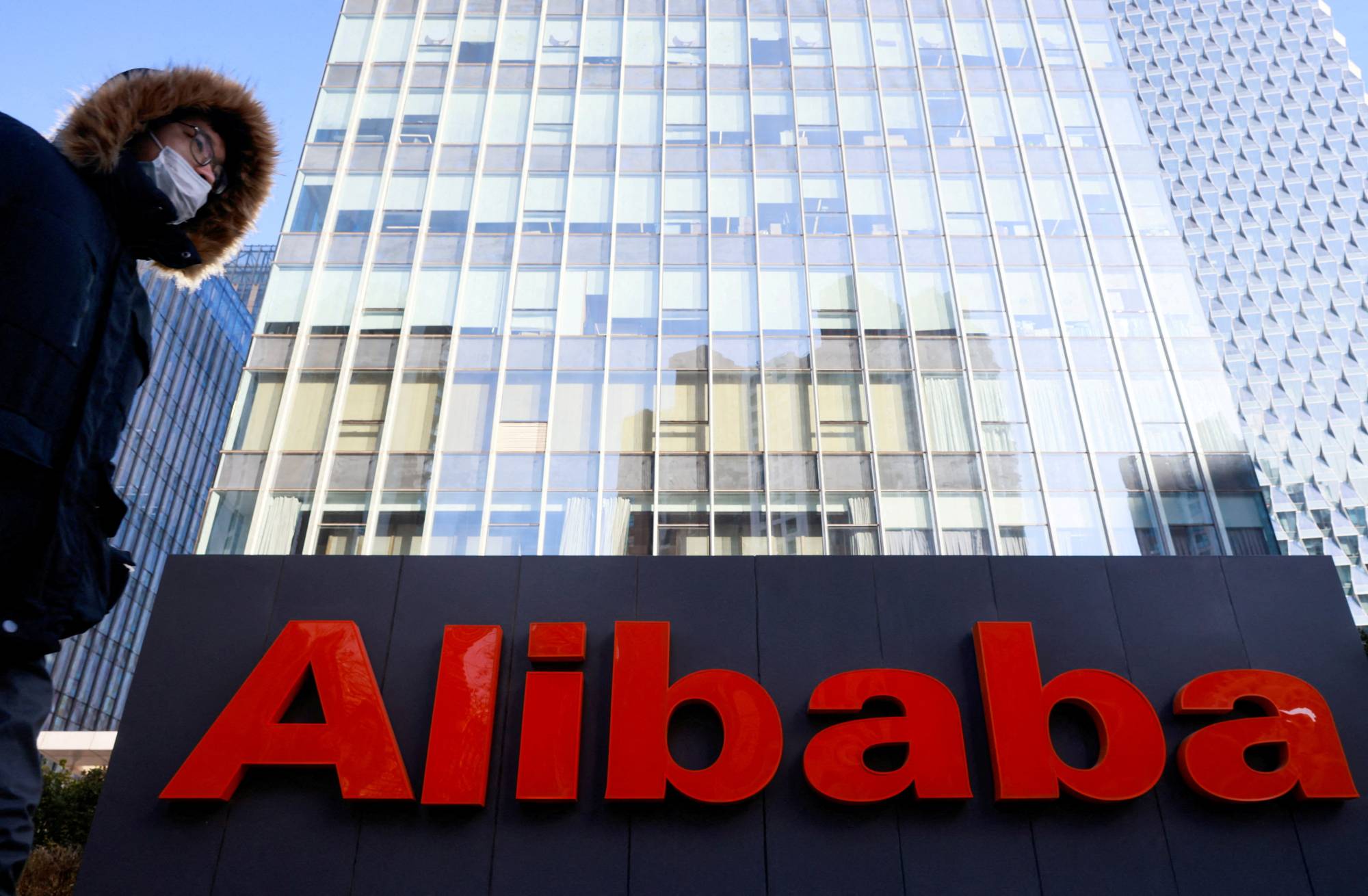Alibaba Group is planning to split into six units and explore fundraisings or listings for most of them, it said on Tuesday, in a major revamp as China vows to ease a sweeping regulatory crackdown and support its private enterprises.
The U.S.-listed shares of the Chinese e-commerce conglomerate, which have lost nearly 70% of their value since the curbs were imposed in late 2020, rose more than 14%.
Alibaba said the biggest restructuring in its 24-year history would see it split into six units — Cloud Intelligence Group, Taobao Tmall Commerce Group, Local Services Group, Cainiao Smart Logistics Group, Global Digital Commerce Group and Digital Media and Entertainment Group.

















With your current subscription plan you can comment on stories. However, before writing your first comment, please create a display name in the Profile section of your subscriber account page.